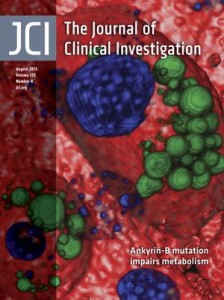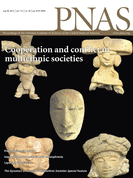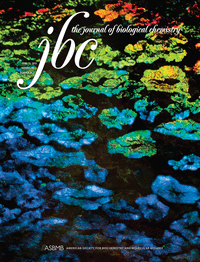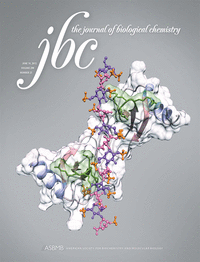![]() A paper has been retracted from PLOS Biology for duplicating lanes and incorporating others that “came from an unrelated experiment that had already been published.”
A paper has been retracted from PLOS Biology for duplicating lanes and incorporating others that “came from an unrelated experiment that had already been published.”
According to the retraction notice, first author Laura Cerchia says that the mistakes came “as a consequence of incorrect incorporation of representative blots.” Cerchia — along with her supervisor, study author Vittorio de Franciscis — “apologizes for this.” None of the other authors were “involved in the preparation of these figures, and there is no concern about the results that they contributed.”
Cerchia maintains that the paper’s conclusions are still valid, but the remaining authors write that the issues undermines their confidence in the results. According to the notice, the retraction is a result of “an institutional inquiry” at the Consiglio Nazionale delle Ricerche (CNR) in Rome, where Cerchia and de Franciscis are both based.
The notice tells the rest of the story:
Continue reading Investigation triggers retraction for biochem paper








 Oncogene is retracting a 2010 paper on
Oncogene is retracting a 2010 paper on